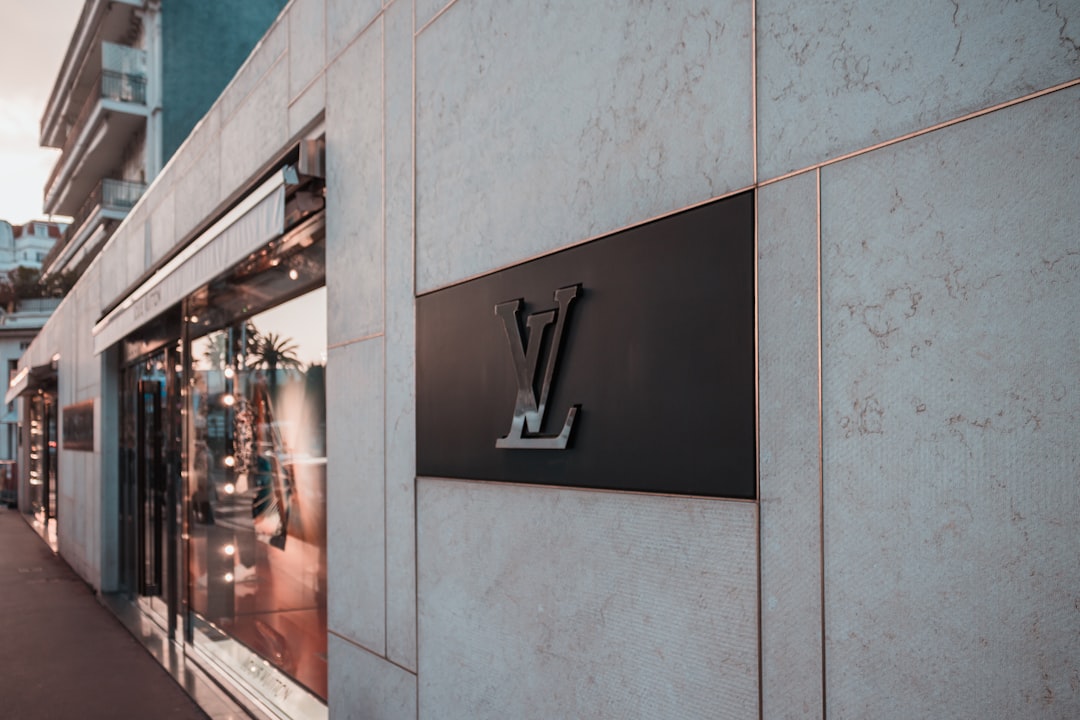
LVMH’s Financial Resilience Amid Economic Challenges
LVMH (LVMHF:PNK), a titan in the luxury market, has recently navigated through a complex economic landscape, as detailed in its first quarter fiscal 2024 financial results. The company, renowned for its high-end products, has encountered hurdles in expanding its sales among aspirational customers. These customers, who typically have moderate wealth, are increasingly feeling the pinch of inflation, leading them to cut back on luxury purchases. This shift in consumer behavior has resulted in less-than-expected sales figures for LVMH in this particular segment, as explained by Rodolphe Ozun, the company’s director of financial communications. The impact of inflation on these consumers underscores a significant challenge for LVMH, as aspirational shoppers constitute a crucial part of its market.
Despite these challenges, LVMH has reported remarkable financial growth in its recent quarterly report. The company saw its revenue, gross profit, and net income all soar by an impressive 100%. This growth is indicative of the brand’s enduring appeal, particularly among high-income and ultra-high-income consumers. These segments continue to allocate a substantial portion of their income to luxury goods, including clothing, accessories, and personal care items, even amidst economic pressures. This resilience among wealthier shoppers contrasts sharply with the spending habits of aspirational customers, highlighting a divergent impact of inflation on different consumer groups.
Interestingly, LVMH’s financial success comes at a time when its digital growth is not keeping pace with its brick-and-mortar expansion. This trend bucks the wider retail movement towards online shopping, suggesting a unique consumer preference for the in-store experience when it comes to luxury purchases. Ozun’s optimistic view of this trend as a positive sign for the health of LVMH’s store channel further emphasizes the importance of physical retail locations for the company. Despite the general shift towards e-commerce, LVMH’s strong store sales suggest a continued demand for the tactile and personalized shopping experience that luxury stores offer.
Moreover, the financial report reveals a slight increase in operating income by approximately 100.05%, alongside significant growth in both free cash flow and operating cash flow, at 78.07% and roughly 100.05% respectively. However, the minimal growth in book value per share, at just 0.03%, presents an area of less dramatic progress. This financial performance, particularly the robust growth in key financial metrics, demonstrates LVMH’s ability to navigate economic challenges and maintain its appeal among its wealthiest clientele.
The broader implications of LVMH’s financial results and consumer engagement strategies offer insights into the luxury retail sector’s navigation of current economic uncertainties. While aspirational consumers are feeling the brunt of inflation, leading to shifts in their spending habits, LVMH’s impressive financial growth highlights the enduring strength of the luxury market among high-income segments. This dynamic underscores the nuanced challenges and opportunities facing luxury brands like LVMH in an inflationary environment, as they strive to balance the needs and preferences of diverse consumer groups.

